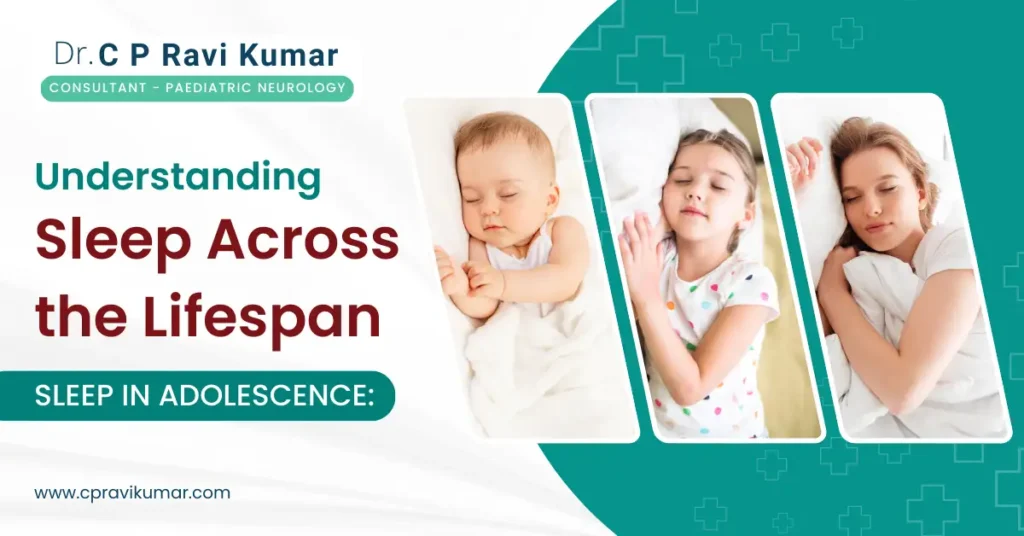
Sleep is a core behavior of adolescents, consuming up to a third or more of each day. Research suggests that sleep debt related to these adolescent differences contributes to risk for accidents, behavioral changes, and other health concerns ( Shirley et al.., 2014). An estimated 87% of adolescents do not get adequate sleep ( National sleep foundation, 2006).
Sleep disorders are relatively common in young people. Disturbed sleep can be both a cause and a result of ill health and if recognised can indicate Psychosocial, Psychological, Physical difficulties ( Peters et al., 2009).
Sleep challenges in Adolescents :
- Disturbed sleep in adolescents has potential consequences, including daytime sleepiness, reduced academic performance and substance use ( Peters et al., 2009).
- Sleep loss can have negative effect on the control of mood, attention, and behavior (Ronald et al., 1999).
- Delayed sleep phase syndrome – Due to increase in the secretion of melatonin in the evening during puberty there is shift in the circadian rhythm, making them feel more awake in the night, and it often leads to mood disturbance and poor performance.
How to help adolescents sleep better :
- Support their mental health: If your teen is struggling with anxiety, depression, or other mental health challenges, it can interfere with sleep. Encourage them to talk to a counselor or therapist to help manage their emotional well-being.
- Discuss the impact of lack of sleep: Explain how insufficient sleep affects their mood, memory, concentration, and overall health. Help your teen understand that consistent, good sleep is necessary for performing well in school and for their physical and emotional health.
